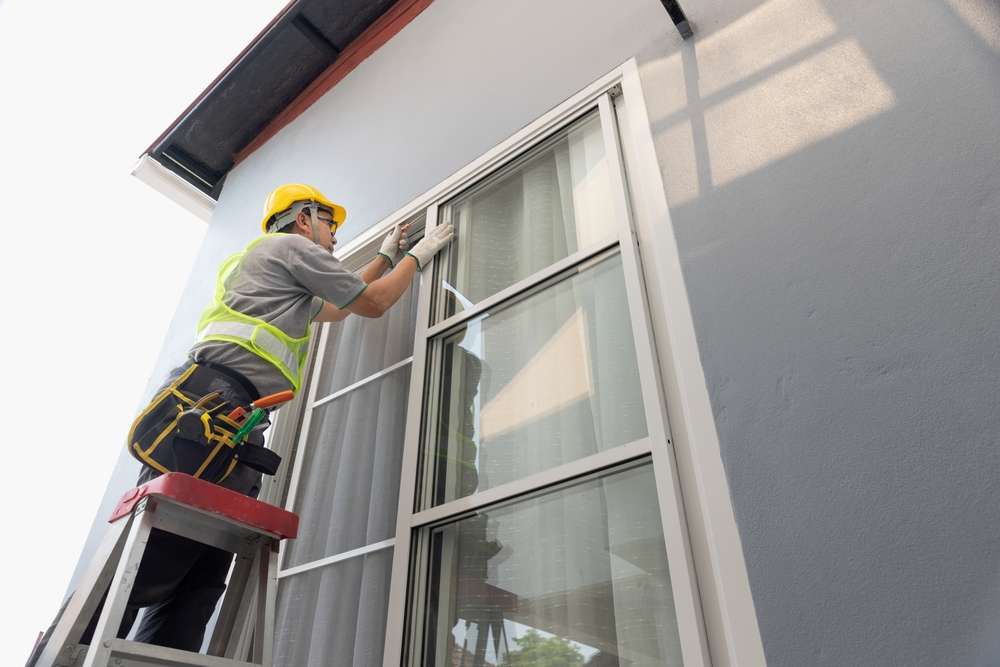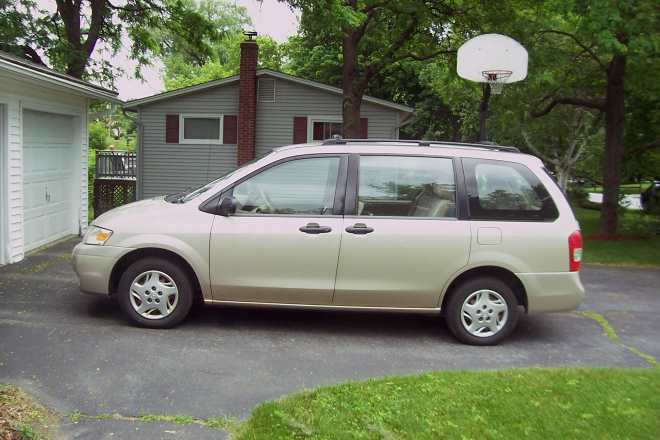Understanding Roofing Services: Types, Materials, and Price Factors
Roofing services encompass a wide range of solutions designed to protect your home from the elements. From complete roof installations to minor repairs and regular maintenance, professional roofers provide essential services that ensure the structural integrity and longevity of your property. Understanding the basics of roofing services can help homeowners make informed decisions when it comes to one of their home's most critical components.

Roofing services are a crucial aspect of home maintenance and construction that directly impact a property’s protection, value, and appearance. Whether you’re building a new home, replacing an aging roof, or addressing damage after a storm, understanding the various services available and their associated costs can help you make informed decisions. Professional roofing contractors offer specialized knowledge, safety protocols, and quality workmanship that DIY approaches simply cannot match.
Types of Roofing Services Available to Homeowners
Roofing contractors typically offer a comprehensive range of services to address various needs. Complete roof installation is the most extensive service, involving the application of new roofing materials over a prepared deck or substrate. Roof replacement involves removing existing materials before installing new ones, while repairs address specific damaged areas. Regular maintenance services include inspections, cleaning, and minor fixes to extend roof life. Many roofers also provide emergency services for sudden leaks or storm damage, as well as specialty services like skylight installation, ventilation improvements, and gutter work. Understanding which service you need is the first step toward addressing your roofing concerns effectively.
Common Roofing Materials and Their Characteristics
The material you choose for your roof significantly impacts its durability, appearance, and cost. Asphalt shingles remain the most popular option due to their affordability and 15-30 year lifespan. Metal roofing, including steel, aluminum, and copper, offers exceptional longevity (40-70 years) and energy efficiency but comes at a higher initial cost. Clay and concrete tiles provide distinctive aesthetics and excellent durability (50+ years) but require structural reinforcement due to their weight. Slate roofing represents a premium option with a potential century-long lifespan and unmatched elegance. Wood shakes and shingles offer natural beauty and insulation properties but require regular maintenance. Newer synthetic options like composite and rubber roofing mimic natural materials while offering improved durability and reduced maintenance requirements.
How to Choose a Qualified Roofing Contractor
Selecting the right roofing professional is crucial for ensuring quality workmanship and value. Start by verifying proper licensing, insurance coverage (including workers’ compensation and liability insurance), and manufacturer certifications. Established contractors with local experience understand regional weather challenges and building codes. Request and contact references from recent projects similar to yours, and examine online reviews while being mindful of overall patterns rather than isolated comments. Professional contractors provide detailed written estimates outlining materials, labor, timeline, warranty information, and payment terms. Be wary of contractors requesting full payment upfront or those who pressure you into immediate decisions. A quality contractor will communicate clearly, answer questions thoroughly, and provide documentation of all agreements.
Signs Your Roof Needs Repair or Replacement
Recognizing when your roof requires professional attention can prevent minor issues from becoming major problems. Visible signs include missing, cracked, or curling shingles; granules accumulating in gutters; and obvious sagging or uneven roof planes. Inside your home, water stains on ceilings or walls, peeling paint, and mold growth can indicate roof leaks. Increasing energy bills may suggest compromised roof insulation or ventilation. Age is another critical factor—most asphalt shingle roofs require replacement after 20-25 years, even without visible damage. After severe weather events, it’s advisable to have your roof professionally inspected, even if no obvious damage is apparent, as small issues can develop into significant problems over time.
Seasonal Roofing Maintenance Tips
Proactive maintenance can significantly extend your roof’s lifespan and prevent costly repairs. In spring, inspect for winter damage, clear debris from gutters and downspouts, and check for loose or damaged shingles. Summer is ideal for addressing minor repairs and ensuring proper attic ventilation to prevent heat buildup. Fall maintenance should focus on clearing leaves and debris from valleys and gutters to prevent water backup during winter. Before winter, trim overhanging branches that could break under snow and ice weight, and ensure all flashing is secure. Year-round, monitor your attic for signs of leaks or inadequate ventilation, such as excessive moisture or mold growth. Professional inspections are recommended annually or after significant weather events to catch issues before they escalate.
Understanding Roofing Prices and Cost Factors
Roofing costs vary significantly based on several key factors. Material choice represents one of the most significant variables, with prices ranging from economical asphalt shingles to premium slate or metal options. The size and complexity of your roof, including pitch, number of layers to remove, and architectural features like dormers or skylights, directly impact labor costs. Geographic location affects both material and labor pricing, while the current season can influence contractor availability and pricing. Below is a comparison of typical roofing costs by material type:
| Roofing Material | Average Cost Per Square (100 sq ft) | Expected Lifespan |
|---|---|---|
| Asphalt Shingles | $350-$500 | 15-30 years |
| Metal Roofing | $750-$1,250 | 40-70 years |
| Clay/Concrete Tile | $800-$1,800 | 50+ years |
| Wood Shakes | $650-$900 | 20-40 years |
| Slate | $1,100-$2,000 | 75-100+ years |
| Synthetic/Composite | $450-$900 | 30-50 years |
Prices, rates, or cost estimates mentioned in this article are based on the latest available information but may change over time. Independent research is advised before making financial decisions.
Additional cost factors include removal of existing materials, structural repairs if needed, and permit fees. Quality contractors typically offer warranties on both materials and workmanship, which can add value despite increasing the initial investment. When comparing quotes, ensure they include all aspects of the project to avoid surprise costs later. The lowest bid isn’t always the best value—consider the contractor’s reputation, materials used, and warranty terms alongside the price.
The investment in quality roofing services pays dividends through increased home value, improved energy efficiency, and the peace of mind that comes with knowing your home is properly protected from the elements. By understanding the various services available, recognizing when professional help is needed, and properly maintaining your roof, you can maximize its lifespan and performance while avoiding costly emergency repairs.




